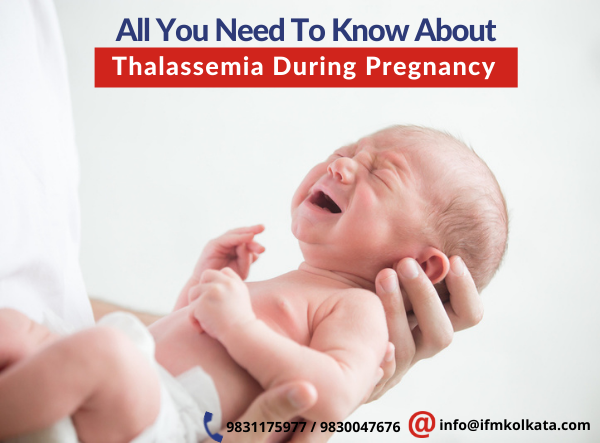Blood-related genetic problems are a complex issue that can affect one’s family planning. Thalassemia is a common blood transfused disease that passes on from the parent to the child. It is transmitted by mutated haemoglobin cells. In India, around 10000 to 15000 babies are born with this problem.
More About Thalassemia:
Thalassemia, being an inherited medical condition, affects an infant badly. The body suffers from genetic mutation, where it cannot produce enough haemoglobin. Haemoglobin is a protein structure in RBC responsible for carrying and supplying Oxygen to different body parts.
Symptoms of Thalassemia:
Conducting a thalassemia test of both parents is crucial before conceiving. The haemoglobin forming DNA of the thalassemia patients mutates in this problem. One can identify it through different symptoms, including:
- Fatigue
- Dark urine
- Abnormal growth of the child
- Yellow or pale skin
- Deformities in facial structure
Causes of Thalassemia and its Testing:
The haemoglobin in the RBC is formed of two identical chains of proteins. These are identified as Alpha and Beta. Thalassemia is categorised into two parts. One can confirm on which the protein chain is damaged. Therefore, these are known as Alpha Thalassemia and Beta Thalassemia.
One can also classify thalassemia based on its severity. These are broadly classified into three parts:
- Thalassemia Trait: In this case, one parent possesses an abnormal DNA haemoglobin molecule. The other one may have a normal genetic structure. In such cases, the child will carry the Thalassemia trait with mild anaemia.
- Thalassemia Major: As the name suggests, this type of thalassemia is a major issue that needs immediate medical attention. The baby of a parent with two defective gene sets may suffer from this problem.
- Thalassemia Intermedia: It is an intermediate thalassemia condition. Here one needs close health monitoring with periodic check-ups.
If someone thinks that thalassemia is a deterrent to family planning, they are wrong. One can conceive through these effective processes:
- CVS Testing: It is a vital testing method involving collecting chorionic villi cells from the placenta.
- Amniocentesis: In this test, the tester collects a small amount of fluid from the amniotic sac. The amniotic fluid surrounding the embryo can effectively indicate the signs of thalassemia.
Now that one knows all the details about thalassemia and its effects on family planning; it will be easier to make the right decisions. For better testing assistance, one should contact a reliable source like Institute of Fetal Medicine. We are a premier source in Kolkata for thalassemia tests. For more information, one can visit our website today.




